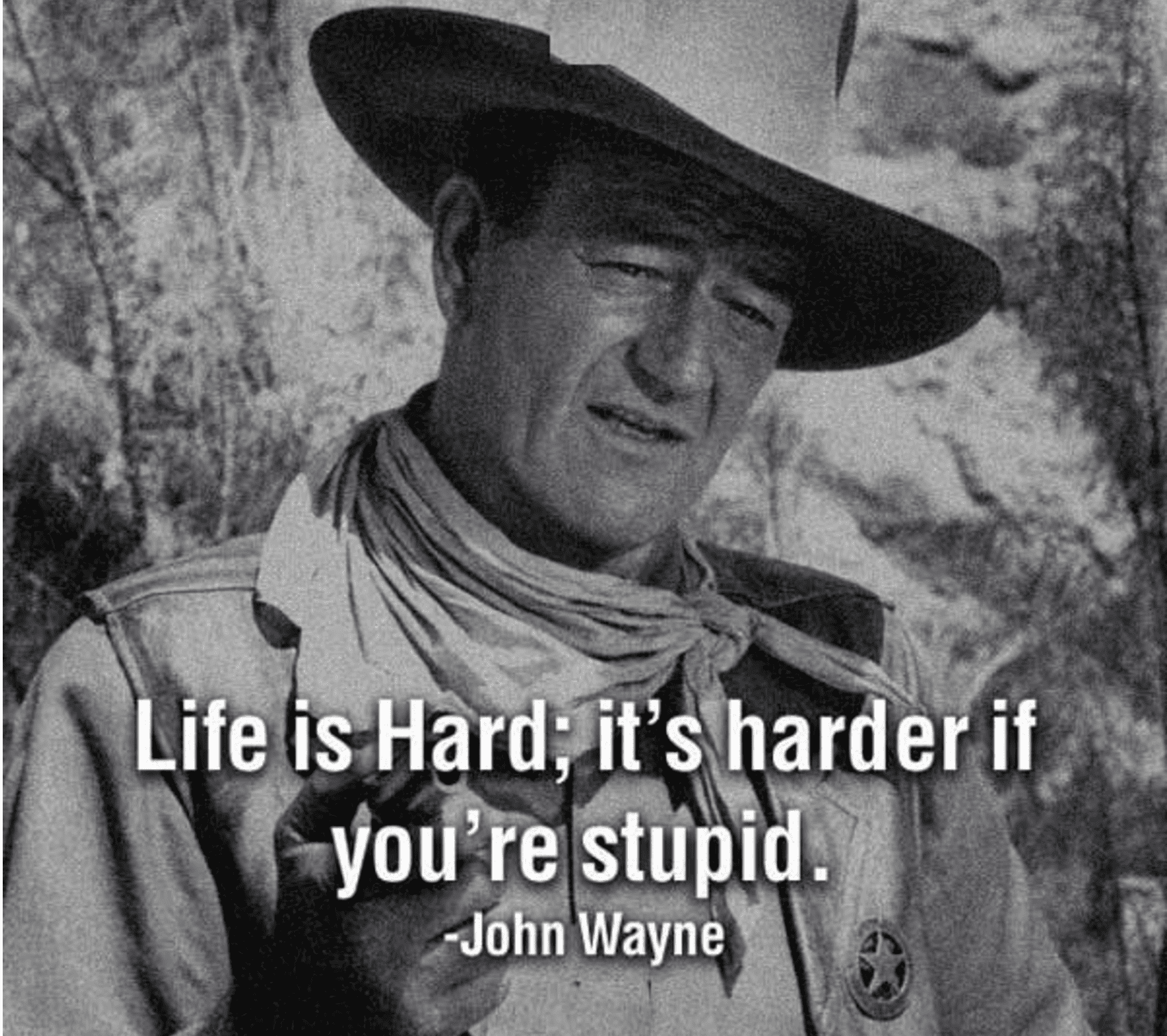How to Set Yourself or Others Up for Success

“Virtue, then, being of two kinds, intellectual and moral.. for it was not by often seeing or often hearing that we got these senses, but on the contrary we had them before we used them, and did not come to have them by using them; but the virtues we get by first exercising them [habit], as also happens in the case of the arts as well. For the things we have to learn before we can do them, we learn by doing them, e.g. men become builders by building and lyreplayers by playing the lyre; so too we become just by doing just acts, temperate by doing temperate acts, brave by doing brave acts.
This is confirmed by what happens in states; for good legislators make the citizens good by forming habits in them [habituation], and this is the wish of every legislator, and those who do not effect it miss their mark, and it is in this that a good constitution differs from a bad one.
This, then, is the case with the virtues also; by doing the acts that we do in our transactions with other men we become just or unjust, and by doing the acts that we do in the presence of danger [habits], and being habituated to feel fear or confidence, we become brave or cowardly [strong or weak]. The same is true of appetites and feelings of anger; some men become temperate and good-tempered, others self-indulgent and irascible, by behaving in one way or the other in the appropriate circumstances. Thus, in one word, states of character arise out of like activities. This is why the activities we exhibit must be of a certain kind; it is because the states of character correspond to the differences between these. It makes no small difference, then, whether we form habits of one kind or of another from our very youth; it makes a very great difference, or rather all the difference.”
-Aristotle, Nicomachean Ethics, Written 350 B.C.E
Your habits and customs are different than habituation/accustomization.




